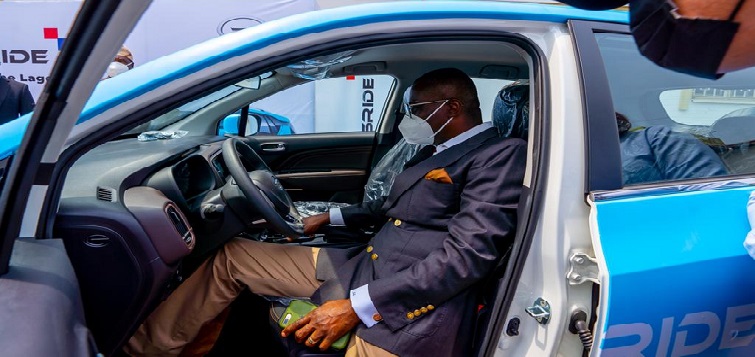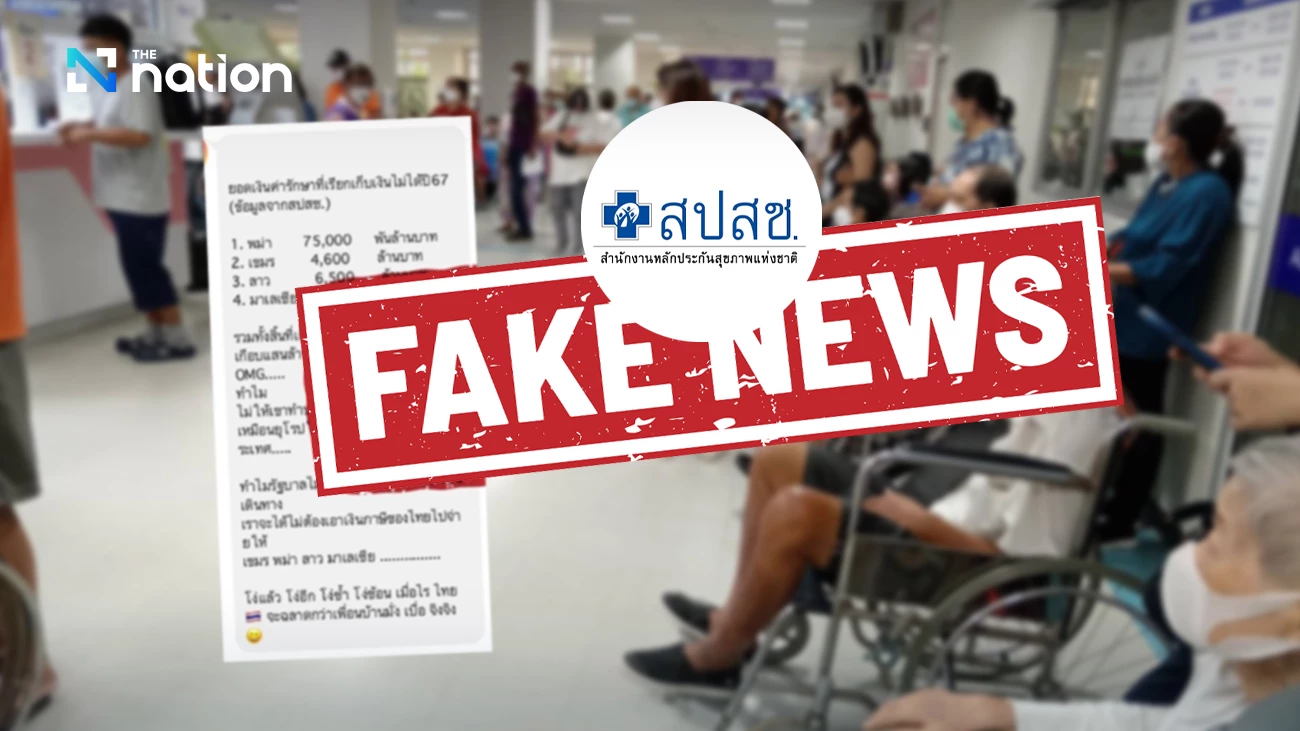Thai-Cambodian Border Crisis Deepens: Legal Threats, Failed Talks, and 'War Propaganda'

Tensions between Thailand and Cambodia have escalated amidst a flurry of diplomatic activities, accusations of border encroachment, and a pervasive campaign of disinformation. Thailand's Ministry of Foreign Affairs (MFA) recently moved to firmly reject claims circulating on social media, reportedly cited by Cambodia's Minister of Information, alleging a plot to assassinate Cambodian leaders Hun Sen and Hun Manet. Nikorndej Balankura, Director-General of the Department of Information and Spokesperson for the Thai MFA, denounced these accusations as entirely unfounded and a clear attempt to defame Thailand, emphasizing that such false news undermines constructive dialogue and peaceful resolution efforts, especially during ongoing General Border Committee (GBC) discussions.
A significant point of contention revolves around the issue of border demarcation and alleged encroachment. Government spokesman Jirayu Houngsub highlighted the situation at Ban Nong Chan village in Sa Kaeo, asserting that Cambodia had betrayed Thai hospitality. This area was initially a temporary shelter for Cambodians fleeing civil war in 1977. Thailand provided humanitarian aid, but according to Jirayu, Cambodia later exploited this to encroach on Thai soil. Refugees reportedly refused to return home, expanding their community on Thai land. Descendants of these refugees have since built nearly 200 new homes, claiming the area as Cambodian sovereign territory, while the Cambodian government rejects Thailand's border demarcation claims. Thailand has responded by erecting razor wire within its own boundaries to protect against further encroachment and attacks, a measure it insists does not violate the August 7 GBC agreement.
The deployment of landmines has emerged as another critical and deeply concerning aspect of the conflict. The Royal Thai Army (RTA) is leading the ASEAN Interim Observation Team (IOT) to visit the Thai-Cambodian border to monitor alleged breaches of international law and ceasefire conditions, particularly regarding landmine use. Earlier visits organized by the Thai government included ASEAN envoys and representatives from countries that ratified the Ottawa Convention, which bans anti-personnel mines. During a visit to Si Sa Ket province, envoys reportedly witnessed evidence of anti-personnel mines allegedly laid by Cambodian troops and spoke with affected residents. Thailand plans to submit video and photo evidence of Cambodia laying landmines to Geneva. Furthermore, the International Committee of the Red Cross (ICRC) has assessed the humanitarian impact on civilians in Surin, Si Sa Ket, and Ubon Ratchathani provinces, with a confidential report to be submitted to both countries.
Despite a 13-point ceasefire agreement signed during the GBC meeting in Malaysia on August 7, Thailand accuses Cambodia of continued provocations, disinformation, and intimidation. Nikorndej Balankura presented a four-point list of alleged ceasefire violations by Cambodia, including laying new landmines, using drones for harassment, inciting citizens to protest at the border, and deploying powerful improvised explosive devices (IEDs) on the Thai side. The Ministry of Digital Economy and Society (DES) reported that eight out of the top ten fake news items last week were related to the Thai-Cambodian border conflict, underscoring the severity of the information warfare. Acting Prime Minister Phumtham Wechayachai stressed the importance of fighting with truth, not propaganda, to resolve the issues peacefully.
In response to these grave allegations, potential legal actions are being considered. Phumtham Wechayachai stated that academics might submit a proposal for the government to consider suing Cambodian Prime Minister Hun Manet and his father, Hun Sen, in the International Criminal Court (ICC) as war criminals. Additionally, the National Security Council (NSC) has resolved to file both criminal and civil lawsuits against Hun Manet and Hun Sen in Thai courts for causing deaths, injuries, and property damage to Thais. International engagement also continues, with Phumtham meeting US lawmakers who visited Thailand to observe the border conflict zone. He confirmed raising the landmine issue with the US delegation, emphasizing the need for peaceful solutions that prioritize the lives of affected people. Further talks are scheduled for September 10, with various international observers engaged in the process.
You may also like...
Royal Spectacle: Trump's Buckingham Palace State Banquet Unveiled, From Menu Secrets to Dazzling Gowns

US President Donald Trump and First Lady Melania were honored with a lavish state banquet at Windsor Castle, hosted by K...
Celebrity Couple Regina & Victor Tie the Knot in a Chic Intimate Civil Wedding!

Regina and Victor celebrated their intimate civil wedding, exchanging vows in a serene courtroom. The Cameroonian bride ...
Cardi B's Big Reveal: Baby No. 4 on the Way for the Superstar Rapper!

Rapper Cardi B has officially announced she is pregnant with her fourth child, her first with boyfriend and New England ...
Zimbabwe's Sanctions Saga: US U-Turn Bid Faces Analyst Scrutiny

A new Bill introduced in the US House of Representatives proposes the repeal of the nearly 25-year-old Zimbabwe Democrac...
Empty Stomach Orange Juice: Uncovering its Surprising Health Effects
:max_bytes(150000):strip_icc()/Health-GettyImages-1292399655-860b8f2a8e3b4d0f968a6892d6bd78d7.jpg)
Discover the surprising pros and cons of drinking orange juice on an empty stomach. While it offers a quick energy boost...
AI Security Firm 'Irregular' Raises $80M to Bulletproof Frontier Models

AI security firm Irregular has secured $80 million in new funding, valuing the company at $450 million. Specializing in ...
Netflix Goes Hyper-Affordable: New N1,200/Month Mobile Plan Unveiled!

Netflix introduces an affordable mobile plan in Nigeria and 42 other sub-Saharan African countries, drastically cutting ...
Ride-Sharing Crisis: Lagos Drivers Fear Job Loss Over New Scheme!

The Lagos State government is launching "Lagos Ride," a new e-hailing scheme with 1,000 SUVs, in partnership with CIG Mo...
